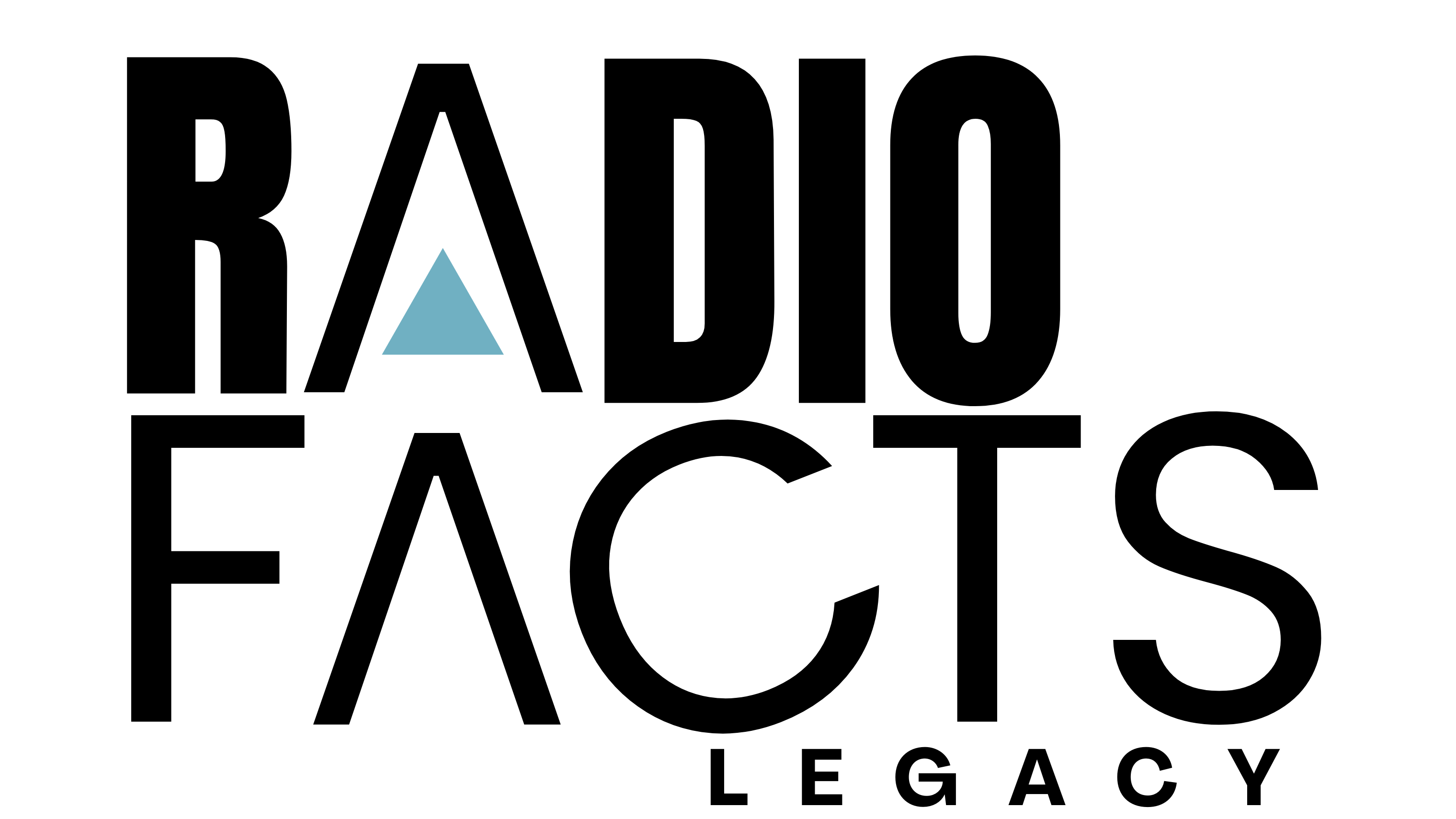Radio Facts Revisited: As we delve into the archives of radio history, we find ourselves transported to the 1980s, a time when the ‘zoo’ format was the rising star of the radio world. A young Glenn Beck, barely 19 and already a program , was at the heart of this revolution. We’re going to revisit Beck’s formative years at KZFM in Corpus Christi, Texas, uncovering how his unique style and larger-than-life radio persona shaped the landscape of morning shows. Fast forward to 2025, the radio industry has evolved, but the echoes of Beck’s pioneering work can still be heard in the voices of today’s radio hosts. So, let’s dive into this fascinating journey of creativity, ambition, and radio evolution.
The Dawn of the Zoo Format
Beck’s journey began in 1983 when he took morning-show duties at KZFM. The ‘zoo’ model was on the rise, with Scott Shannon’s “Z Morning Zoo” at Z100 New York becoming a sensation. In Houston, John Lander had just launched a syndicated morning zoo on KKBQ. Beck’s first morning show, simply called “The Morning Zoo,” embodied this spirit, featuring fast-paced skits and fake characters, voiced by Beck himself.
Beck’s Unique Characters
Beck introduced his audience to Clydie Clyde, a Muppet-voiced alter ego that sounds like the love child of Yoda and Kermit the Frog. Such creative voices became a signature part of Beck’s style, as he often used them to impersonate those he disagreed with.
Young Talent
At 19, Beck was the youngest morning zoo host and program in the country. His talent was undeniable, with fellow radio professionals expressing their admiration for his skills and ambition. Despite his youthful age, Beck already had dreams of making it big in New York -america-in-open-letter” target=”_blank”>.
Early Challenges
Working in Corpus Christi, Beck had to cater to a diverse population, including Hispanics, whites, blacks, and active military. The station was in a heated ratings war with rival KITE, adding even more pressure.
The Side of Radio
The early ’80s also marked a period of federal deregulation in radio, which significantly impacted the industry. The revocation of the “anti-trafficking” rule gave rise to a quick-sell culture, leading to a high turnover rate among radio professionals. DJs, including Beck, were always on the move, not knowing where they’d be at the end of the next ratings quarter.
As we reflect on Beck’s early years, we see how these experiences shaped him and the radio industry. Today, the echoes of his innovative style continue to resonate in the world of radio broadcasting.
Looking Forward
Revisiting Beck’s journey serves as a reminder of how far radio has come since the ’80s, and how figures like Beck have shaped its evolution. As we look forward to the future of radio in 2025 and beyond, we continue to see the lasting impact of the ‘zoo’ format and the indelible mark left by pioneering voices like Glenn Beck.
#RadioHistory #GlennBeck #ZooFormat #BroadcastingEvolution #IndustryPioneers






















